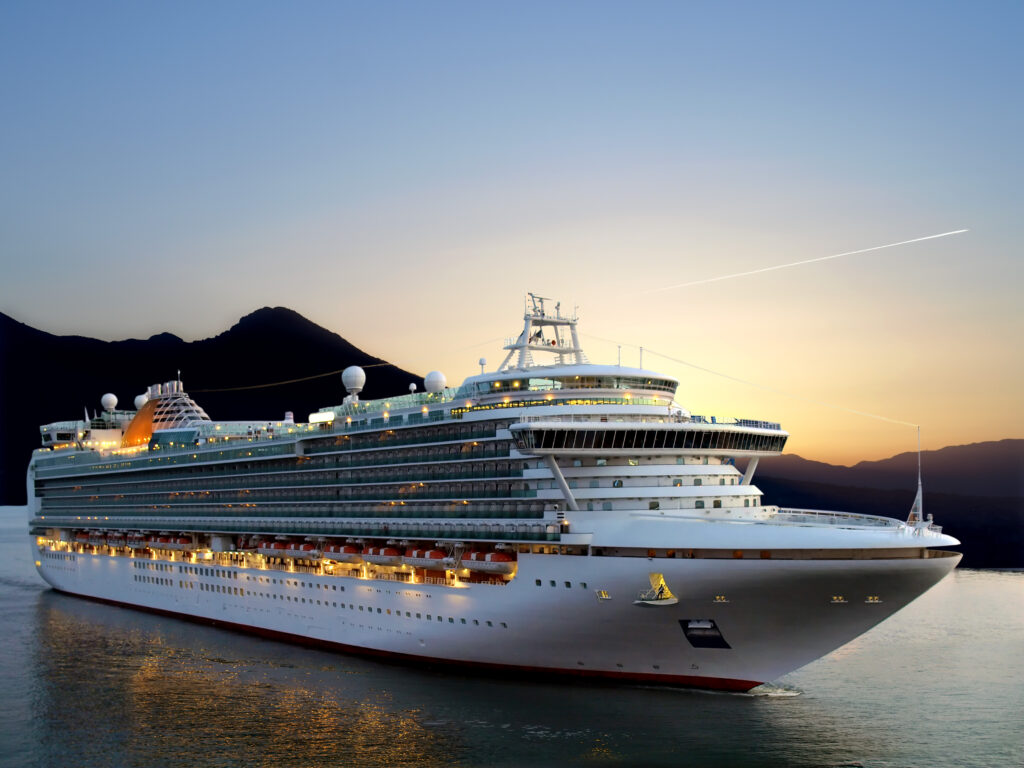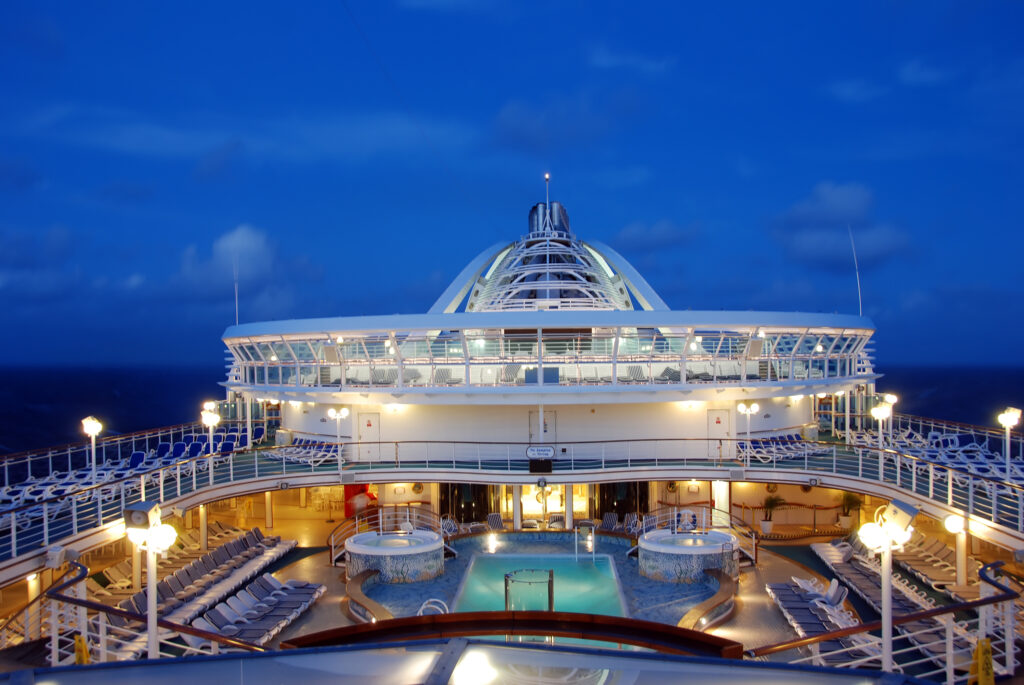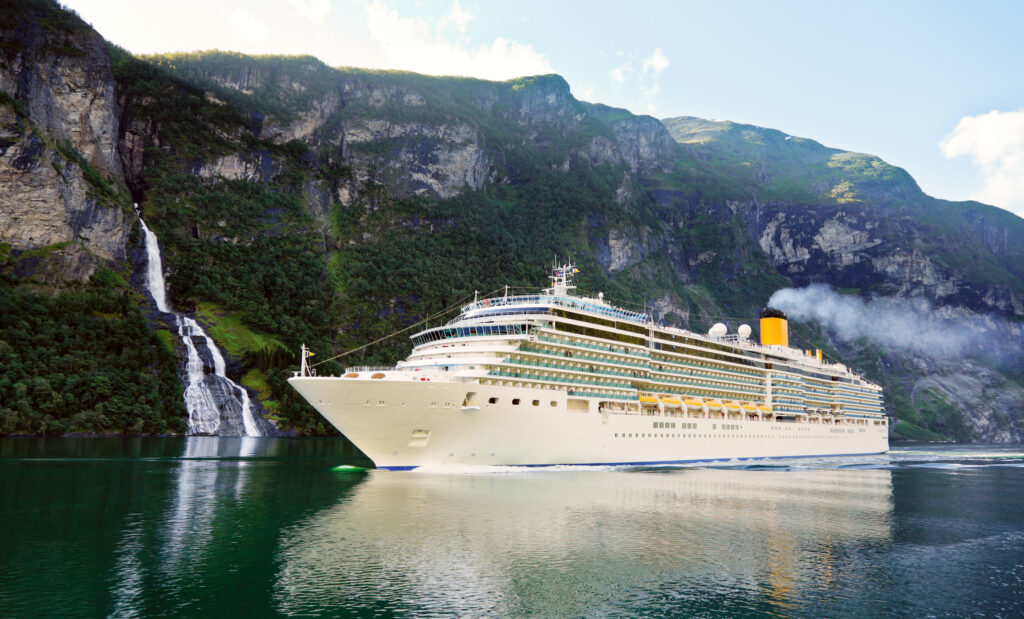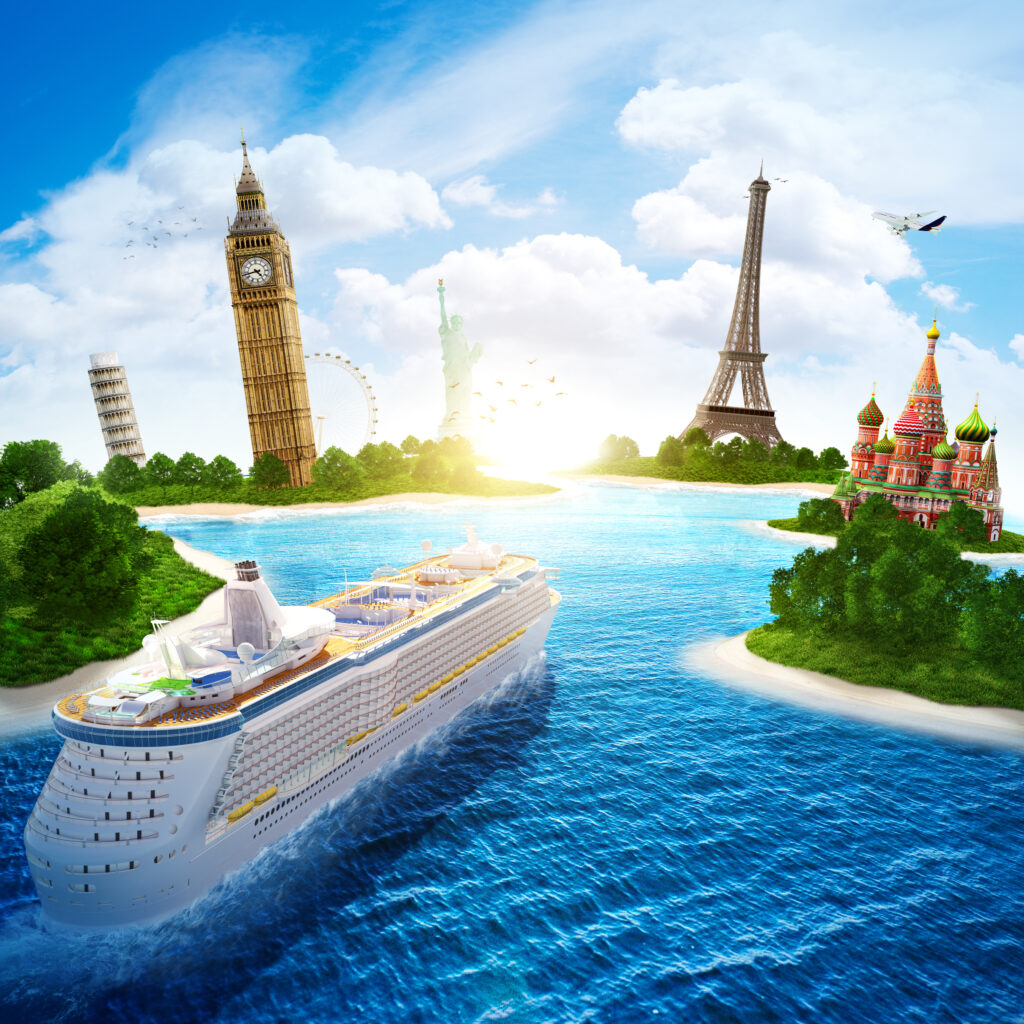Most Asked Questions When Cruising
If you are new to the world of cruising, it’s likely you have a lot of questions. Cruising is a fantastic choice for a relaxing and exciting vacation, beloved by travelers for decades. While the industry is changing and evolving over time, more and more questions arise. While many first-time travelers might be embarrassed to ask, it’s likely we’ve all been there, and wondered the same things.
To help make your first cruise experience easier, and to make sure you are as prepared as possible, we have compiled a list of the most frequently asked questions asked among first-time cruisers over the years. Hopefully, we answer any questions you have about the world of cruising.
Do I need a passport to cruise?
- Needing a passport on a cruise will all depend on your cruise route. If you are sailing domestically or within recognized territories, such as the United States, with stops in Puerto Rico and the Virgin Islands, then a passport isn’t necessary. However, if you’re planning on docking at any international location or another country different from your own, a passport will be needed before departure.
Is cruising safe?
- Safety is a top priority for all cruise lines across the globe. The majority of ships have on board doctors and medical facilities that meet top-quality standards, available 24/7 in case of emergencies. Ships inspections are done regularly, and all cruise lines must meet specific health and safety regulations before setting sail. Overall, cruise ships are just as safe as, if not safer, than any other vacation.
Will I get seasick on a cruise?
- Getting seasick on a cruise is all dependent on the person. Most cruise ships are big enough for many cruisers not even to notice it’s moving because it’s so well stabilized. If you come into contact with rough weather conditions, or on a smaller cruise excursion in an off-the-beaten-path destination, seasickness might become more likely. If you are someone who is prone to seasickness, medicines such as Dramamine can be purchased over the counter and are often used to relieve seasickness symptoms.
Who are cruises for?
- Cruises aren’t just for newlyweds and retirees; cruises are for everyone! While some cruise is designed for specific passengers over others, such as singles or adult-only cruises, depending on the cruise you choose, they can be a perfect vacation experience for the whole family. Large cruise ships have features and amenities suited for those of all ages, including toddlers, teens, parents, singles, and retirees.
Are all cruises all-inclusive?
- All cruises are NOT all-inclusive. While the fare for the cruise consists of a lot of amenities, there are still things that aren’t included in the price. Depending on your package, its likely beverages and gratuities can be included, but even on luxury lines, all-inclusive is a bonus that comes with a price.
How and when do I tip?
- Tipping can be done whenever you feel is appropriate. While many cruise lines include gratuities within the original fare, they can be adjusted anytime during the cruise. It’s common to leave tips either at the start or end of the cruise, housekeeping, or bartenders and can be done with cash, or a credit card charge can be added to your fare.
Is there a dress code on cruise ships?
- Cruises have become a lot more affordable over time, and aren’t just for the elite and high societies anymore. While some cruise ships have certain events or locations where there is a dress code, it’s likely everyday casual wear is just fine. Check with the cruise line ahead of time for suggestions on what kind of clothes are appropriate or suggested.
Is there phone and internet access?
- Staying connected on cruise ships isn’t impossible. There is always some kind of news station available on television, and it’s likely a daily report is given each day for worldwide events. Many ships have small internet centers or other facilities to utilize bandwidth and connection. Cell phones will all depend on the plan or provider you use. Most companies will charge extra roaming fees, depending on the plan you already have. However, phone calls can be made from cabins, but with a hefty fare for each call.
What terms should I learn before a cruise?
- While it’s likely you won’t have to use most of these terms yourself, it’s good to know certain cruise terms and lingo, just in case. Some common words some cruisers like to learn are: Forward, aft, port, starboard, cabin, gallery, dock, and MDR.
What happens if there is a medical emergency?
- In case of a medical emergency, there are doctors and medical facilities onboard most cruise ships 24/7. Depending on the severity of the problem, it’s possible that cruise ships can dock and provide assistance for passengers to the nearest hospital or medical facility on land. Check with your specific cruise line for more details.
What happens if I am late to the ship after a shore excursion?
- There are usually 2 options for booking a shore excursion. If you book a tour on your own after docking, be sure to get back to the ship with plenty of time for departure. The ship will not wait on you, and that just leads to a world of complications. If you book an excursion through the cruise line, the ship is required to wait for all passengers. In the unlikelihood of an emergency or natural disaster, the ship will make all efforts to retrieve all passengers, or provide help or transport to the next port.






Leave a Reply